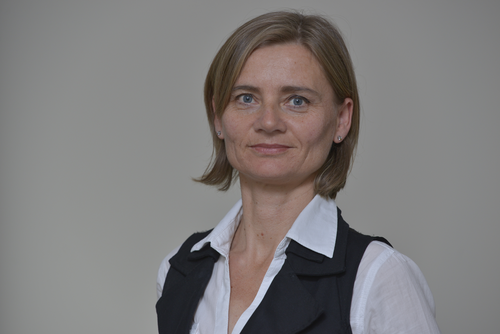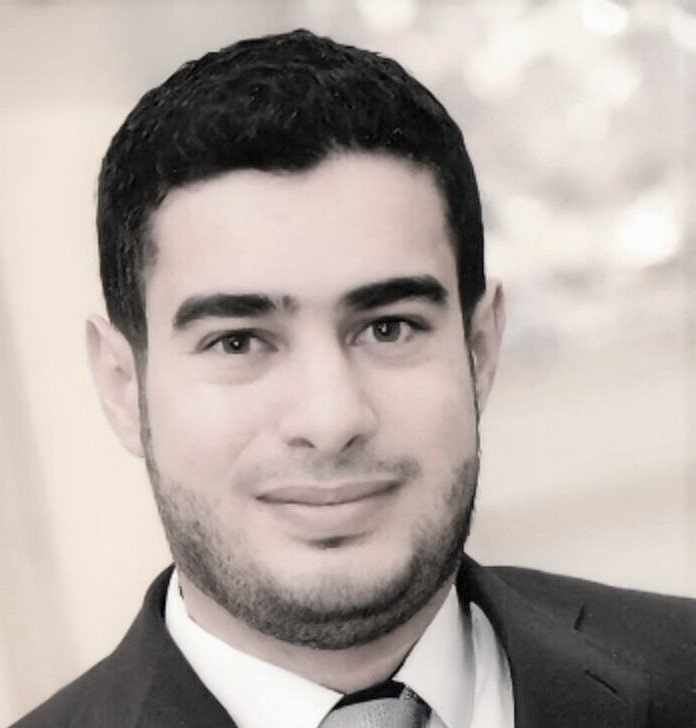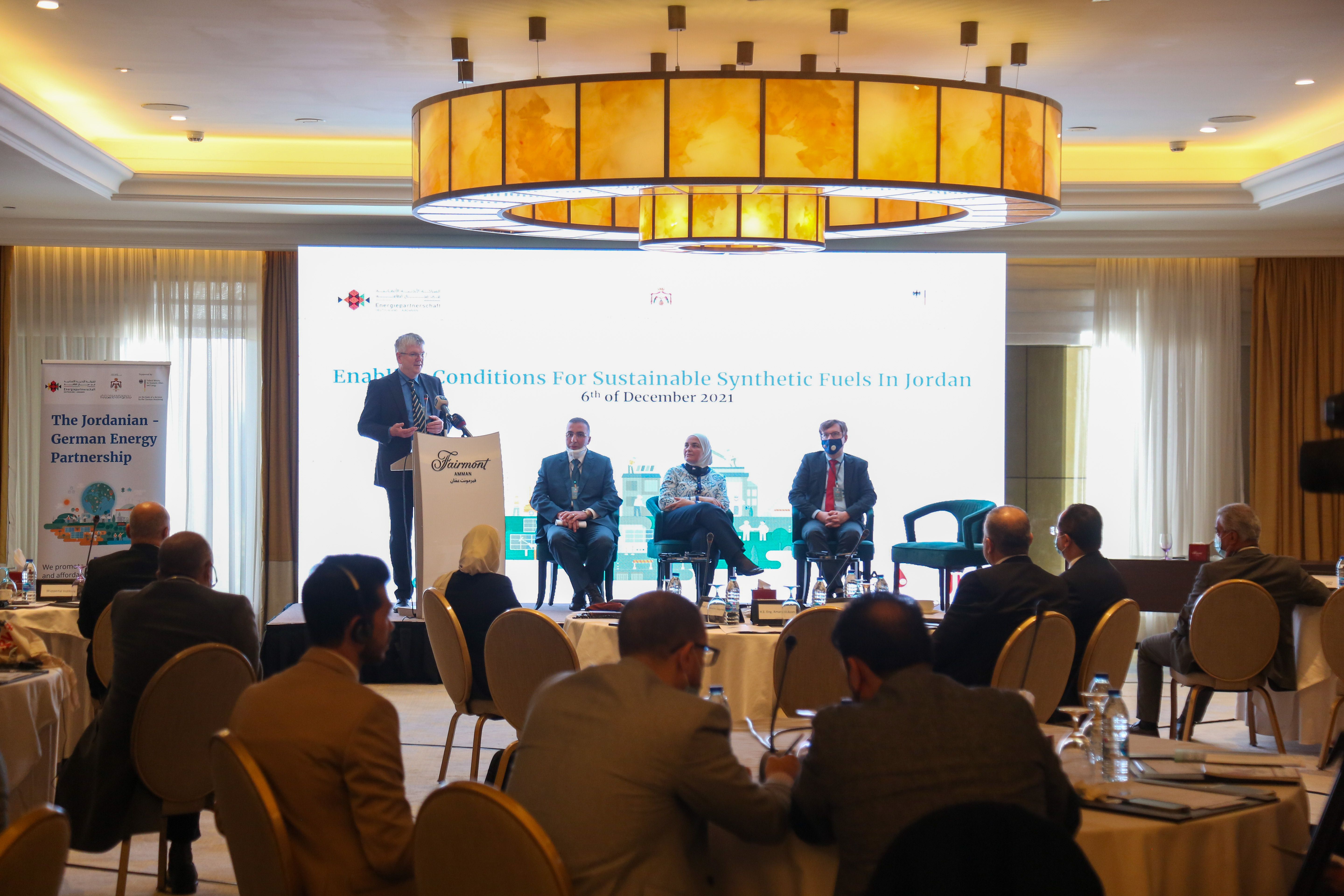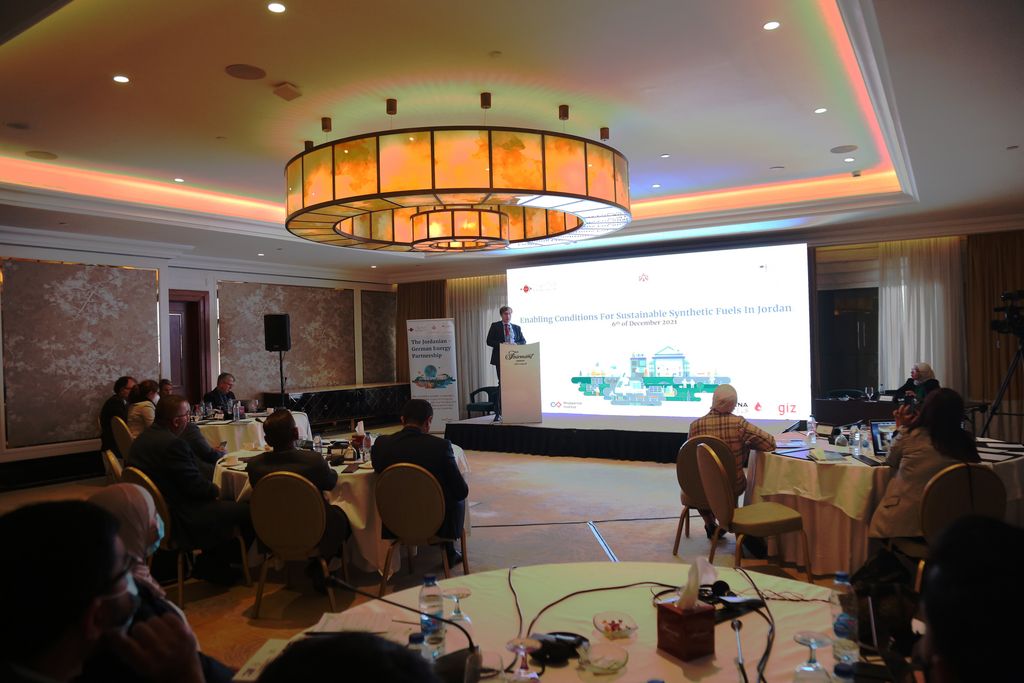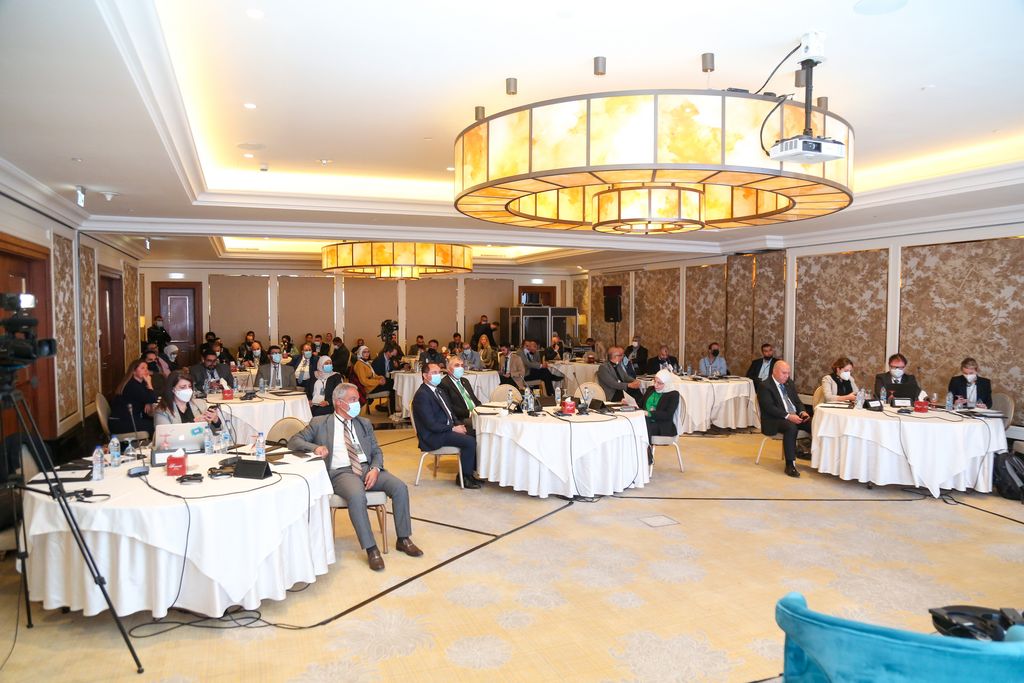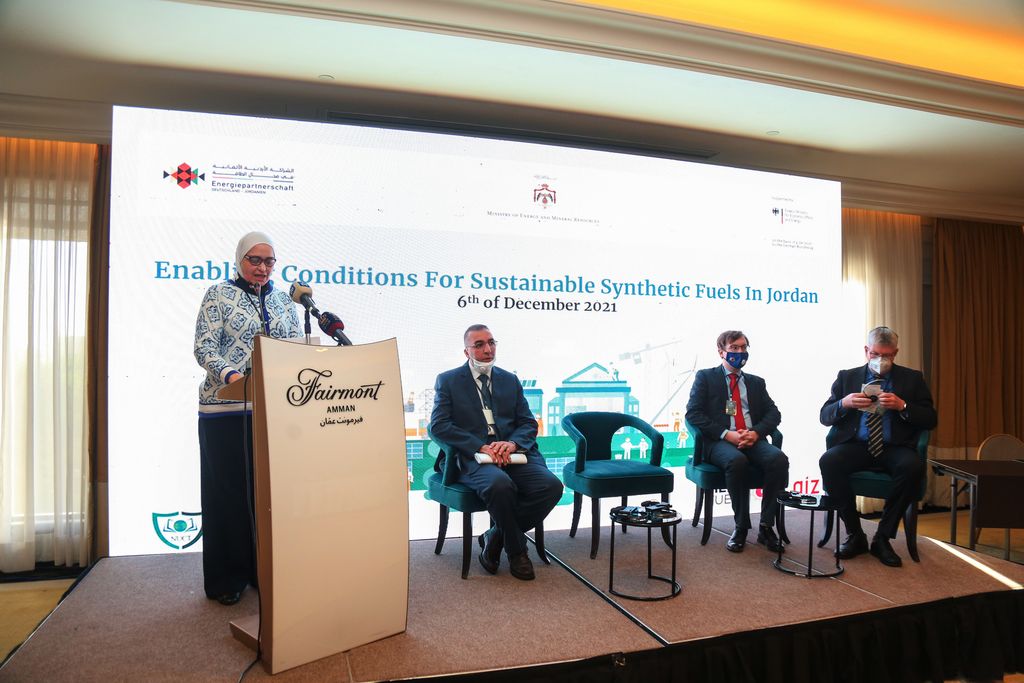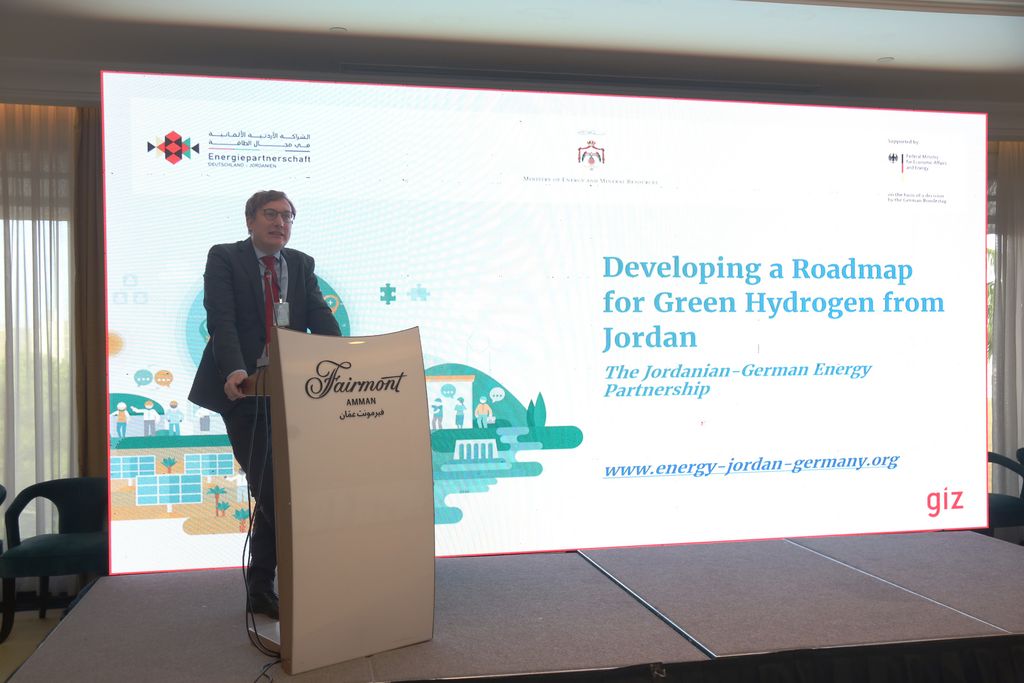The event was inaugurated by the Secretary-General of the Ministry of Energy and Mineral Resources, H.E. Eng. Amani Al-Azzam together with Elisabeth Girrbach, Country Director of GIZ Jordan, Prof. Ahmed Al-Salaymeh, president of the National University College of Technology (NUCT), and Dr Peter Viebahn, Head of Research Unit Sectors and Technologies at the Wuppertal Institute.
Discussions were held on Jordan’s considerable potential for large scale synthetic fuel production, with the Middle Eastern country seen as a particularly well-suited place.
Germany and the European Union as a whole plan to import large amounts of synthetic fuels in the future to decarbonise energy use, presenting big investment opportunities. The prospects and strengths related to green hydrogen and synthetic fuels in Jordan were examined, with emphasis put on their potential benefits for the transportation sector in Jordan.
Synthetic fuels present a good opportunity to decarbonise especially those sectors which are hard to electrify, for example heavy-duty transport, aviation, and maritime transport. While they have the same chemical properties as current fossil fuels, they are carbon-free since the carbon needed to produce them is taken directly from the carbon dioxide in the atmosphere. This offsets carbon dioxide emissions that are created when the fuels are used.
The workshop was organized within the framework of the research project “MENA Fuels - Roadmaps for Sustainable Synthetic Fuel Generation in the Middle East and North Africa” on behalf of the German Federal Ministry for Economic Affairs and Energy (BMWi). Representatives from a number of ministries, institutions, companies, as well as academics from universities, research and studies centers and civil society, participated in this workshop.
